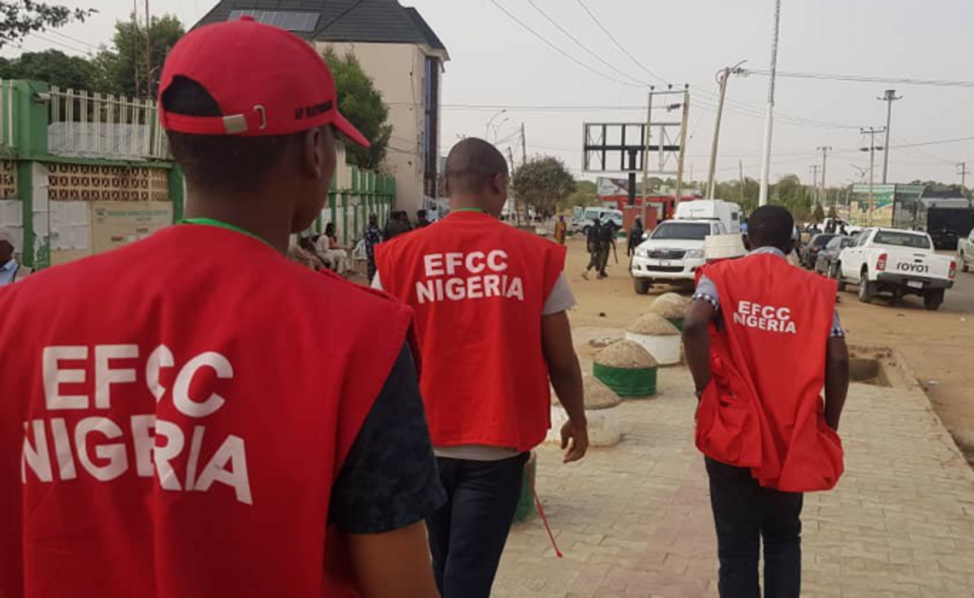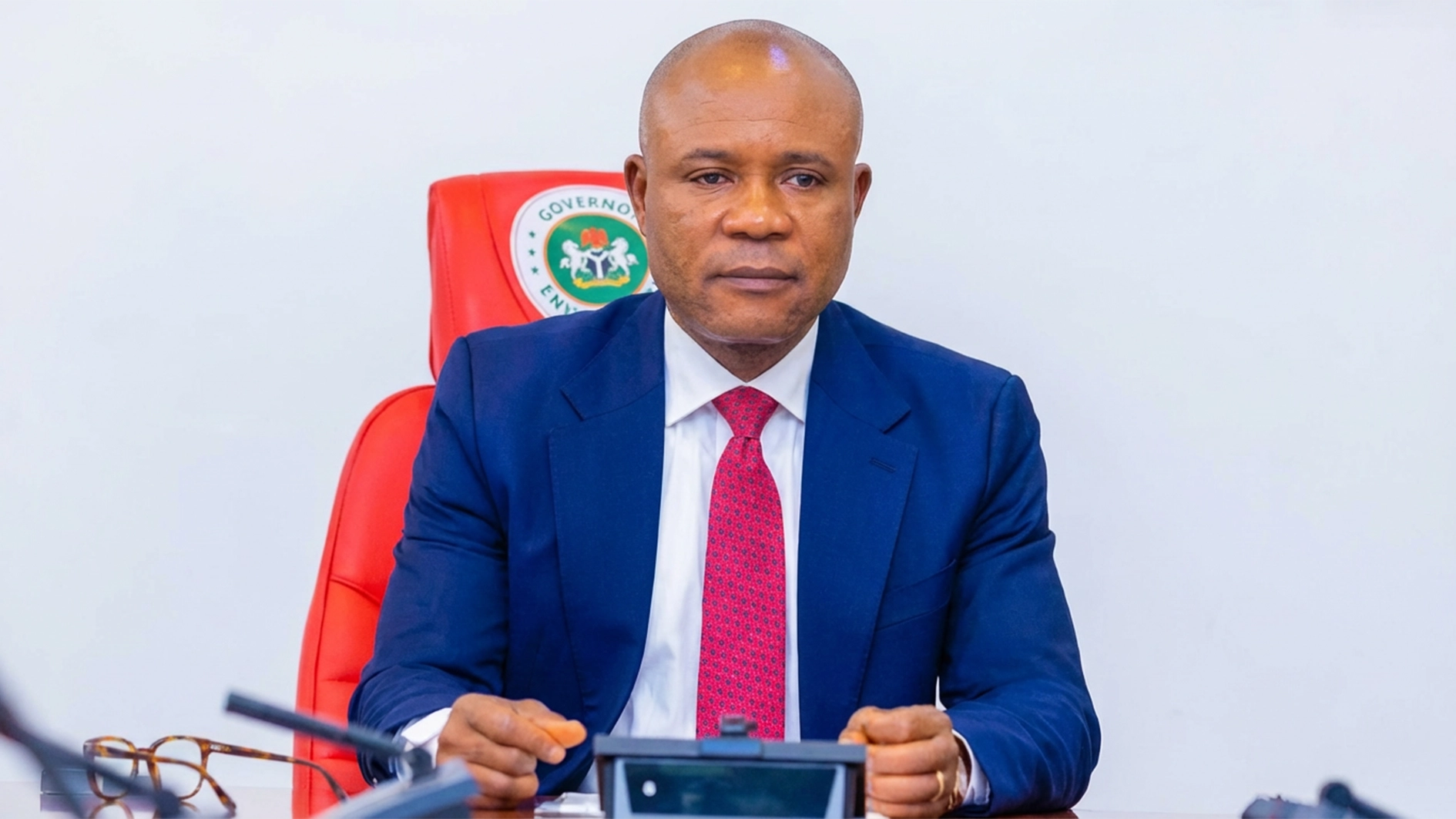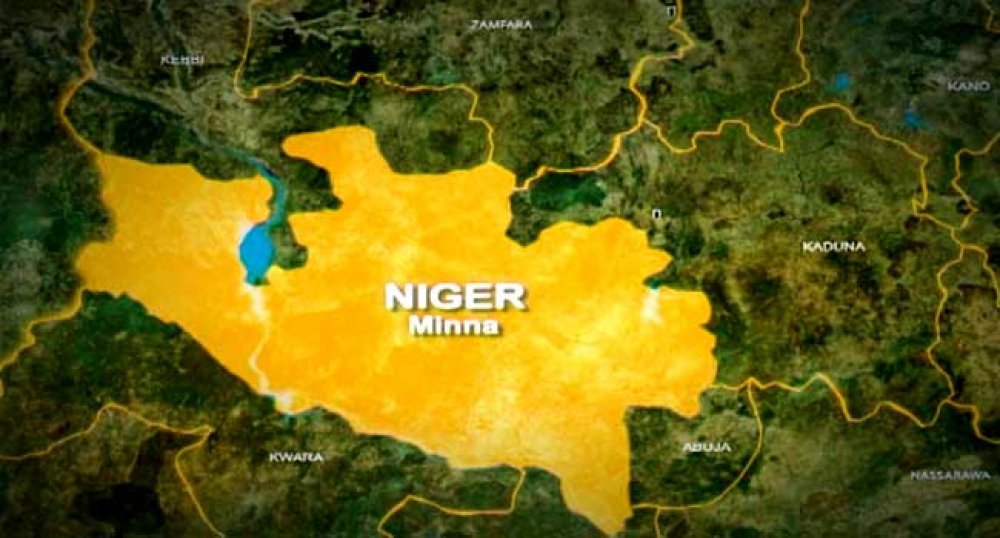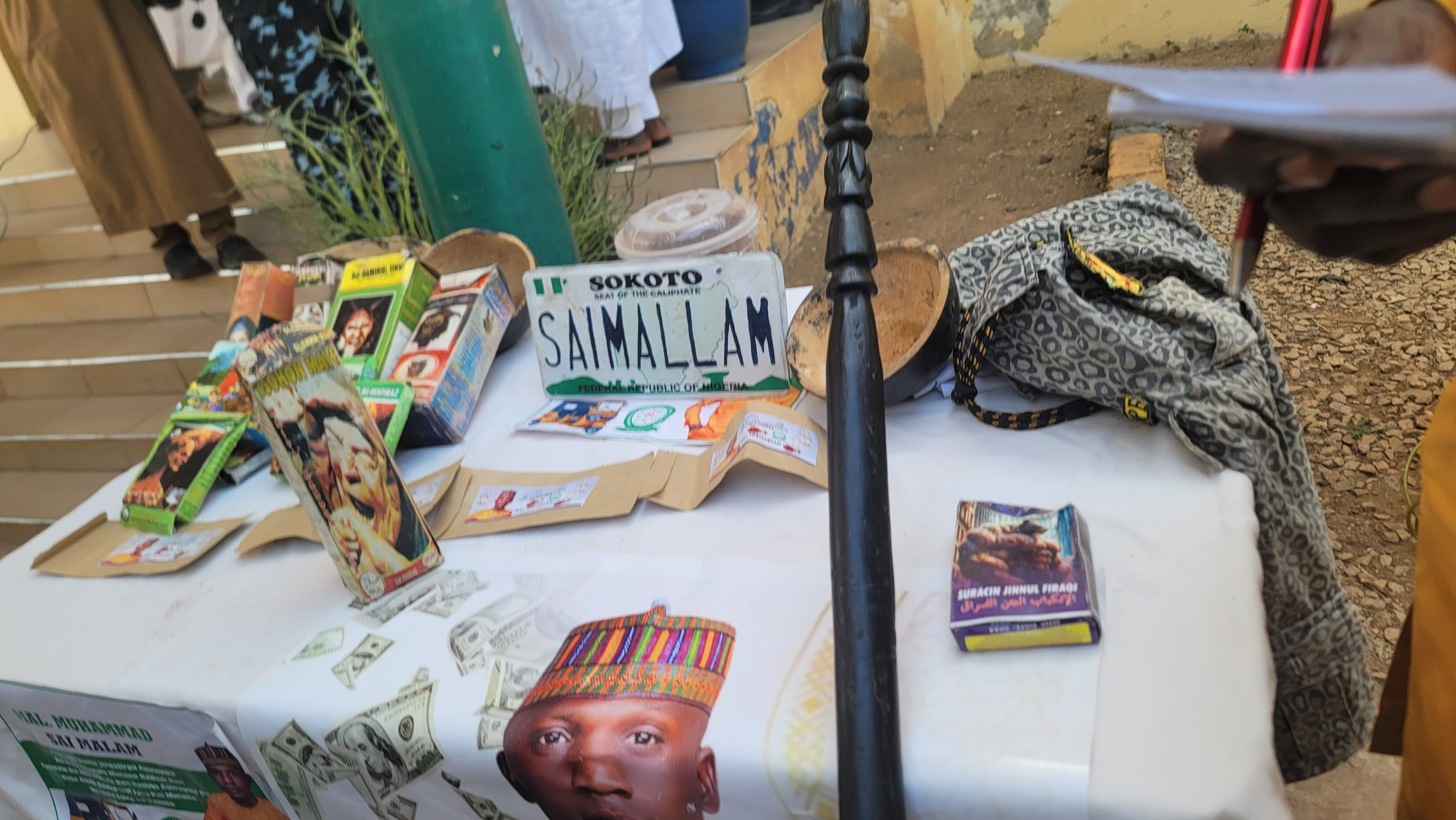
The Economic and Financial Crimes Commission (EFCC) has described the ‘pardon’ granted an Indian businessman, Ashok Israni, and two officials of Keystone Bank, Anayo Nwosu and Olajide Oshodi, by the Lagos State Government, as unlawful and urged the Court of Appeal, Lagos, to set it aside.
Justice Kudirat Jose of the Lagos State High Court in Igbosere had in December 2019 jailed Israni, Nwosu, and Oshodi on an amended 15-count charge bordering on conspiracy and obtaining N855 million by false pretense, and sentenced them to five years each.
In her judgment, she had also convicted Keystone Bank and NULEC Industries Limited belonging to Israni. The companies were ordered to pay a fine of N20 million to the Federal Government.
She also ordered the convicts to restitute N395 million to the victim of the fraud.
But four months after their conviction, they were released from prison by officials of the Kirikiri Correctional Centre allegedly on the directive of the Lagos government, despite the pendency of their separate appeals before the Court of Appeal.
The EFCC insisted that pardon could not be granted to convicts whose rights of appeal had not been exhausted.
The anti-graft agency is also praying the appellate court to declare the pardon illegal since the appellants’ appeals had been filed and entered since February 13, 2020, but could not be heard due to the outbreak of coronavirus disease (COVID-19), which stalled judicial activities.
It also claimed that its repeated demands from the Nigerian Correctional Service for a copy of the instrument of pardon had not been successful, alleging that the authorities only sent a letter confirming the release of the appellants.
The Court of Appeal has fixed May 6, 2021, for the hearing of the application and for the appellants to file their responses.
In their separate appeals, the respondents had argued that the Lagos State High Court lacked the jurisdiction to entertain the charge filed against them because it bordered on the purchase of shares by an investor, via a private placement exercise.
They also submitted that section 251 (1) (e) of the Constitution gave the Federal High Court exclusive jurisdiction on matters arising from the operation of companies pursuant to the Companies and Allied Matters Act (CAMA).
EFCC had alleged that they fraudulently converted N855 million, being the property of Dozzy Oil and Gas Limited, to their use, between July 14 and 31, 2008, in Lagos.






